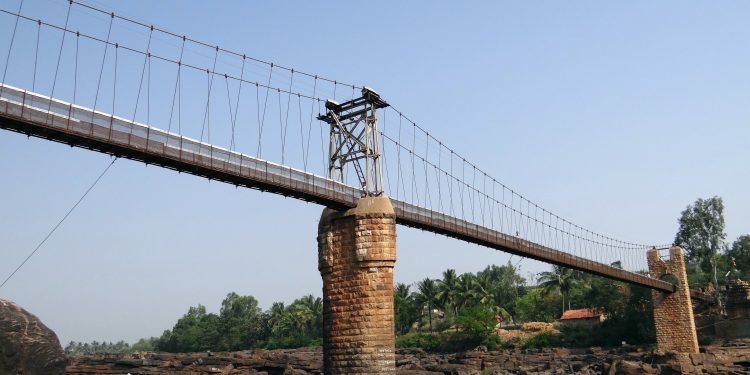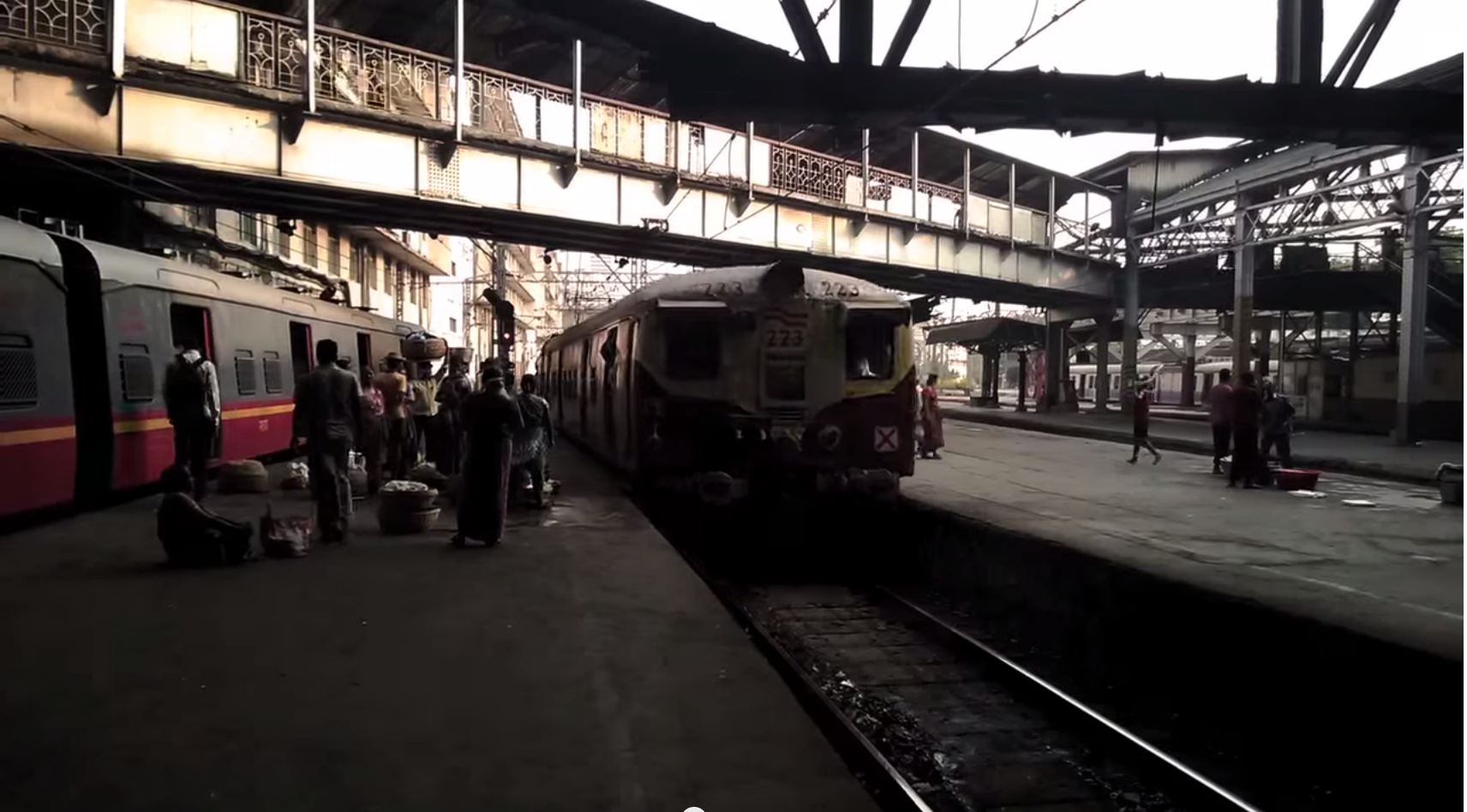Elphinstone Stampede: The Tragedy of Indian Governance

The morning of 29 September 2017, a day before the festival of Dussehra, the bustling suburbs of Mumbai witnessed a heart-wrenching accident which took over 30 lives and left many injured. A common foot overbridge between connecting the Elphinstone road and Parel station was the prime scene of the incident wherein a horrible stampede caused the mishap. A total of 4 trains arrived at the Prabhadevi (or Elphinstone) station which dramatically increased the crowd activity on the bridge. This was accompanied by a heavy downpour of rain that added to the fatality of the situation as people tried taking shelter under the bridge crowding the already overcrowded area.
Almost 250 foot overbridges exist across the city of Mumbai. The Elphinstone Bridge was regarded as the most vulnerable amidst all. But, unfortunately, it is not the only one. The bridge on Currey Road is a meter broad passage which becomes a hub of looming death during festivals and rush hours. Talking about the Dadar foot overbridge, a commuter said, “I feel very unsafe when I access this FOB, especially when Dadar-bound trains arrive at platform number one. The FOB becomes jam-packed as alighted commuters try to climb up and from the opposite direction, others rush to catch the trains”.
The principal cause of the stampede at the 7-meter wide overbridge was a rumour that reported the collapse of the bridge. People, in the confusion and haste of the situation, became victims and witnesses of the sad accident that ensued.
Government’s Hypocritical Notion of Development
It is imperative now to observe the reality that has opened up after this mishap. The Government of India, in its mission to create a developed country with bullet trains and smart cities, has absolutely overlooked the areas of infrastructure that need the most development. On the one hand is the launch of the much talked about Sardar Sarovar Dam and on the other are the deaths of these innocent people because of the lack of appropriate infrastructure to support their lives. The hypocrisy that the government represents is not only condemnable but also proving critical to the common folk.
While we are looking at the prospect of bullet trains in India, it is more crucial to address the lousy state of the existing infrastructure. The city of Mumbai alone witnesses 10 people dying each day in railway accidents and stands as the biggest example of government’s failure to create a secure system of transportation for people. It is astonishing how the government is ready to expend any amount on the statue of unity when, on the flip side, the citizens keep dying undeserving deaths for its lack of initiative and abundant negligence.
The Tale of Contemptible Compensation
For calculating the amount of compensation in any case of accidents, the court considers the deceased’s employable years left, monthly salary, and increments. The Maharashtra government announced a compensation of Rs. 5 lakh for the dead in this case and presented a repulsive image of humanity. Taking an average person of 29-year old and his salary to be Rs. 35000 per month, for instance, the compensation would amount to Rs. 1.3 crore, without adding the increments. An amount of Rs. 5 lakh appears as a slap on the faces of the victim’s relations and as a symbol of government’s insensitivity. Of course, no amount of money can replace the dead. But, the bereaved families deserve to be paid for their loss.
In creating a compensation amount so less, the government has proved itself to be yet another failure in public welfare. It comes as a rather upsetting announcement after an incident so horrifying.
Conclusion
It is our right as the citizens to lead a meaningful life and it is our duty to ask for it from the government. At times like these, when the sheer negligence on the part of those with power results into an unfortunate stampede, we must raise our voices to force the authorities into taking every possible action. The Indian railways and the government have to be compelled into performing their obligation to public welfare and safety in order to avoid any critical incidents like this.



